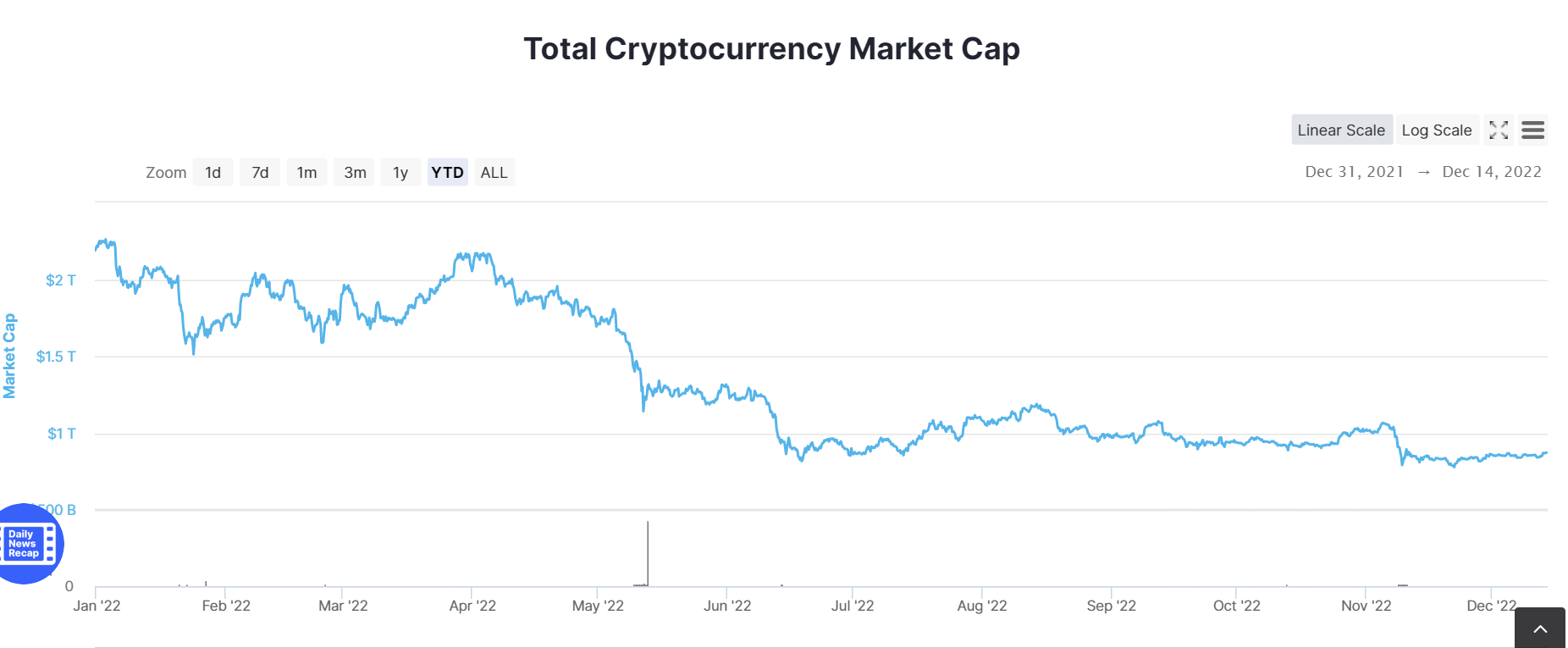Investors Remain Cautious but Curious in Wake of FTX Disaster, Crypto Market Analysis with Cowen’s David Kroger
How are sophisticated investors reacting to the FTX implosion?

Making sense of recent cryptocurrency market trends with experts and analysts
Institutional investors remain wary of crypto investing in the weeks after the collapse of FTX but are still engaging with the market with added emphasis on counter-party and credit risk, according to David Kroger, a vice president and digital data scientist for Cowen Digital, LLC.
“The word I would use is cautious,” he said to me recently. Cowen sponsored a lunch with their clients last week. “The question of whether there’s another shoe to drop was being asked,” Kroger said.
The FTX saga took a dramatic turn Monday as its former CEO Sam Bankman-Fried was arrested in the Bahamas on charges of conspiracy to commit wire fraud, conspiracy to commit commodities and securities fraud and conspiracy to commit money laundering. The collapse of FTX follows other centralized failures in crypto this year like the demise of the hedge fund Three Arrows Capital (3AC), the de-pegging of the Luna/Terra algorithmic stable coin and bankruptcies at crypto lenders BlockFi and Celsius.
“I don’t have a crystal ball,” Kroger said. “We hope all the bad actors get shaken out and we’ve seen all across this year that leverage was being shaken out from 3AC as well as Anchor and Luna, but the fact that people are still coming and having these questions and conversations makes me think we’re still building.”
source: Coinmarketcap
In another shift, Kroger often teams up with the bank’s Washington specialist for investor meetings. Whereas before Kroger did 80 percent of the talking that has now flipped as investors want to hear about what regulations might be coming from Congress or the SEC. “People are really interested in the regulation framework,” Kroger said.
“A lot of people have shifted to focusing on counter-party risk and credit risk which obviously makes sense now since FTX and a variety of other companies are in trouble,” Kroger said. “Aspects of top-down analysis versus bottom-up have been shifting.”
Kroger joined Cowen because it was a traditional bank with all the regulatory necessities that then started a digital assets unit, giving it a foundation in traditional financial tools such as risk management, know-your-customer rules and anti-money laundering provisions, he said. Cowen Digital is an execution only platform, the bank don’t do custody assets like exchanges, he said.
“It’s unfortunate to see this happen in the ecosystem but it’s validating the model that we’ve built,” he said.
There’s still a long way to go to get more people comfortable enough to invest in digital assets, he said.
“If you think you’ll hit mass adoption with everyone holding their own 16-word seed phrase, securing most of their personal assets, I don’t see a future where that’s likely to occur,” Kroger said. “You have to make adoption easier. Having some happy medium between people being able to verify and own their own assets while not having to fear forgetting or mis-writing their password and losing everything has to occur.”
Read more: After Three Arrows Capital and FTX Implosions SEC-Registered Wave Financial Would Like a Word
Still, major corporations and Wall Street banks continue to enter the crypto and web3 space. Last week, Starbucks began testing its Odyssey program that uses non-fungible tokens (NFTs) to reward customers that’s built on Polygon, a sidechain to the Ethereum blockchain. Reddit has introduced a similar NFT project on Polygon. Goldman Sachs is in the market to buy web3 companies that have come down in value after FTX’s bankruptcy, the bank’s head of digital assets Matthew McDermott told Reuters, according to a Dec. 6 story.
Kroger said these were all signs that the underlying technology is still attractive to banks and corporations.
“Even the really big tradfi banks have been setting up their infrastructure and hiring teams on the back end so they can execute in digital assets when the time comes,” he said.
There’s also been a bump in decentralized finance protocols like Uniswap, which pairs cryptocurrency buyers and sellers using smart contracts rather than a centralized exchange approach. Uniswap increased volume by 13 percent after FTX went down and MetaMask, a decentralized digital wallet provider, had one of its best week of downloads, showing growing demand for personal wallets, Kroger said.
“In that regard people switched back to the old adage ‘not your keys not your crypto,’” he said.

